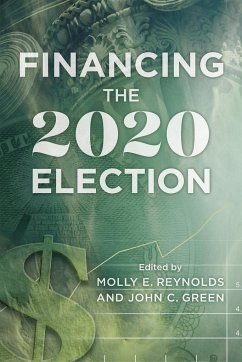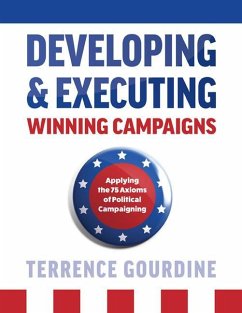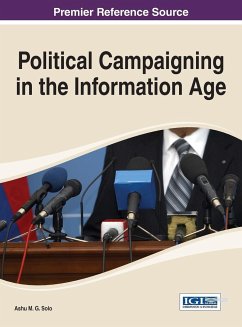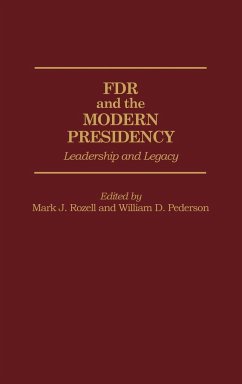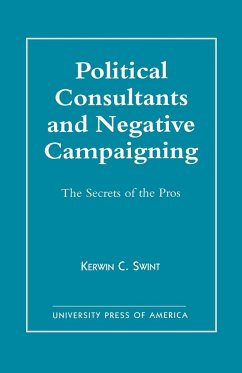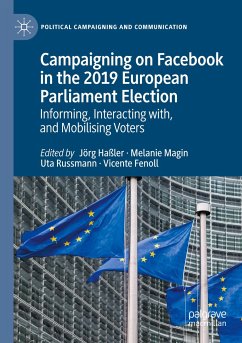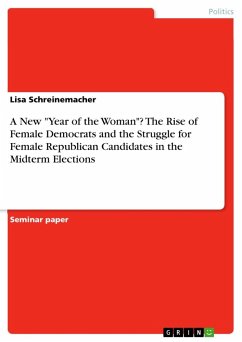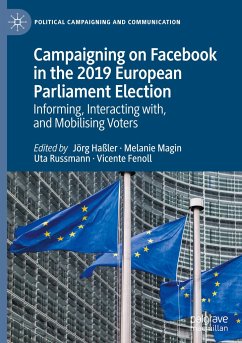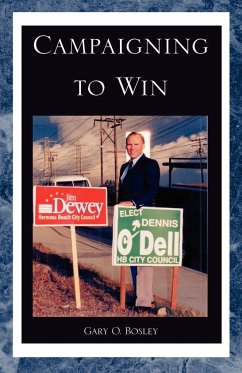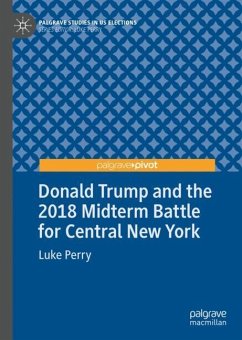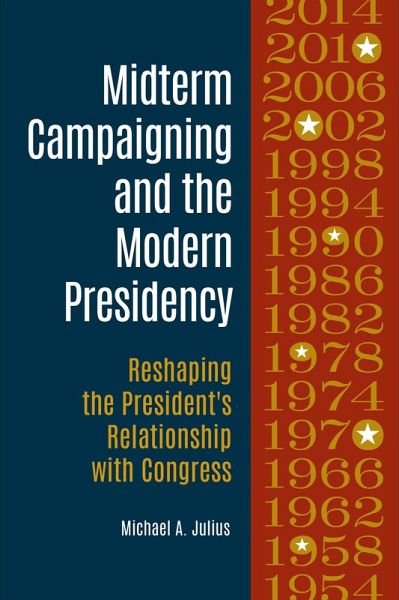
Midterm Campaigning and the Modern Presidency
Reshaping the President's Relationship with Congress
Versandkostenfrei!
Versandfertig in 1-2 Wochen
52,99 €
inkl. MwSt.
Weitere Ausgaben:

PAYBACK Punkte
26 °P sammeln!
Providing a unique resource for readers seeking to understand the relationship between presidents, parties, and Congress, this book offers a new explanation of the motivations, strategies, and impacts of presidential midterm campaigns. Congress has been shaped by an unlikely force-presidential involvement in midterm campaigning. This book argues that midterm campaigning is a presidential Trojan horse and that in undertaking it, presidents have brought their parties to heel; indebted individual representatives and senators to them; and broken the ability of Congress to effectively check the exe...
Providing a unique resource for readers seeking to understand the relationship between presidents, parties, and Congress, this book offers a new explanation of the motivations, strategies, and impacts of presidential midterm campaigns. Congress has been shaped by an unlikely force-presidential involvement in midterm campaigning. This book argues that midterm campaigning is a presidential Trojan horse and that in undertaking it, presidents have brought their parties to heel; indebted individual representatives and senators to them; and broken the ability of Congress to effectively check the executive office. Midterm Campaigning and the Modern Presidency looks at why presidential midterm campaigning emerged during the post-war period and why it did not emerge sooner; it then describes how presidents have shrewdly coordinated their midterm actions to not only shore up their immediate needs but also to remake in their own image both their party and Congress as a whole. Not merely about any particular election or candidate, the book shows that presidential midterm campaigning has a lasting impact on the behavior of Congress and on the future course of American political affairs.




